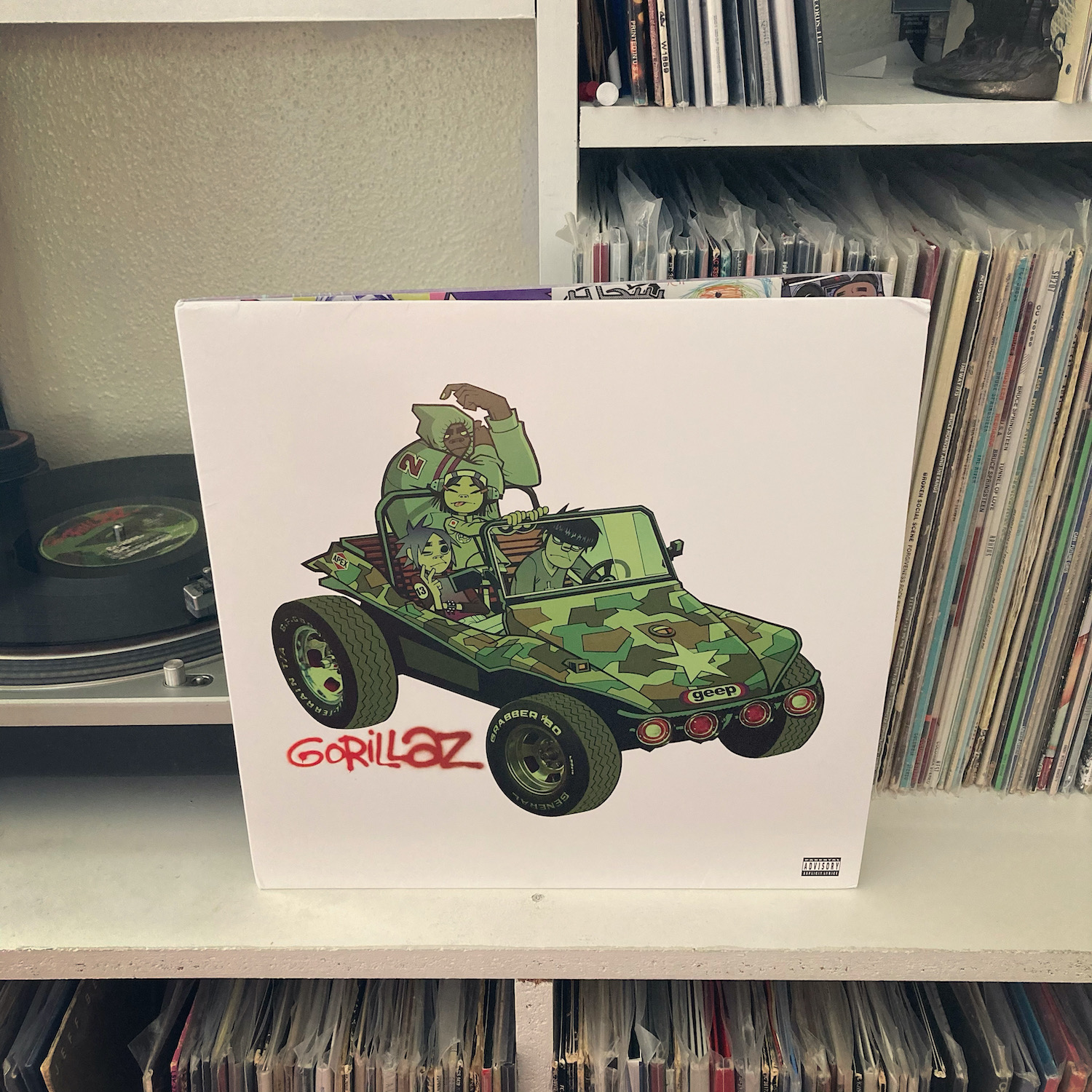
It was supposed to be a joke, right?
No one would start a band fronted by cartoon characters who fight robots and ghosts and expect to be taken seriously, right? Especially not when that person already has an incredibly successful band that blurs the lines between Britrock and punk?
They were just supposed to bring in a couple underground rappers for some fun features, write some jokey tracks, and call it a day. They certainly weren’t supposed to eventually bring together legendary artists like Lou Reed, The Clash, Bobby Womack, Grace Jones, and Snoop Dogg to create multiple masterpieces.
That seemed to be the plan when Gorillaz released their debut record on the world. Have some laughs, release a couple novelty singles, and call it a day. No one expected them to become one of the most impressive projects in the landscape of modern pop music.
But looking back at Gorillaz from the other side of their now legendary catalogue, it’s clear that this understated LP was hiding a bit more than they let on.
Like most people, I was introduced to Gorillaz through the infectious, ubiquitous single “Clint Eastwood.” It was certainly a fun track, but it didn’t giveme much of a reason to look any deeper into Gorillaz’ input. That would come with “Feel Good, Inc.” a couple years later, which introduced me to the beautiful record that is Demon Days. And after becoming a massive fan through that record and Plastic Beach in particular, Gorillaz always felt more like a time capsule—a debut that serves more as a mile marker of how far the project had come than an enjoyable learning experience.
And yet, completist that I am, I was compelled to pick a copy up recently. And I immediately realized how foolish I had been for shirking this record.
Sure, it lacks the baroque ambition of its immediate predecessor or the sheer magnitude of the pop masterpiece of Plastic Beach, but Damon Albarn is a lot looser with his cards than you might expect. Everyone else might be treating this as a jokesy novelty project, but he’s laying it all out, infusing the entire album with all of his favorite influences—dub reggae, trip hop, old school punk, and even some Blur-y alt rock. Even so, he’s not taking himself too seriously.
The opening couplet of “Re-Hash” and “5/4” are playful and catchy, landing somewhere around the Beck region of the indiesphere. But when “Tomorrow Comes Today” kicks in with vinyl drum sample, thick bass groove, and reggae-ready melodica, the mood shifts. Albarn may be having fun, but he shows reverence to his mentors, and he knows how to make a melodic so lovely that it’s still moving when it comes out of a pair of cartoon lips.
Save for a couple other moments of punky fun (e.g., the aptly titled “Punk“), most of the album hangs around this moody, groovy voodoo. The tempos are subdued, the muscular bass riffs doing most of the heavy lifting. The lyrics are nonsense, but 2D the cartoon lead singer is kind of brain dead, so why worry about it? Even with a chilled tempo and inane lyrics, you can still party—as perfectly demonstrated by the horn-happy, rap-led “Rock the Party.”
Overall, Gorillaz is not necessarily an album meant for close listening. It isn’t as rewarding as Demon Days (which may be the single greatest leap between adjacent albums by a project), but it isn’t trying to be a masterpiece. It’s just trying to have fun. And for fifty-seven minutes, it throws an absolutely surreal party that is worth tuning into.